Research
Decoloniality scholar grows in stature
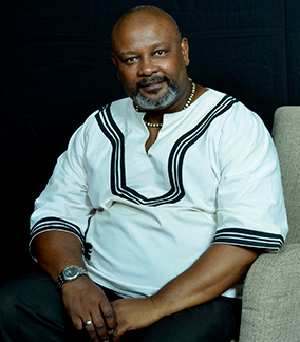
Prof Vuyisile Msila, Thabo Mbeki African School of Public and International Affairs, Unisa
A decoloniality scholar whose contribution to education leadership and school development initiatives is highly recognised, Prof Vuyisile Msila has scored another National Research Foundation (NRF) rating, and an upgrade from C3 to C2. Msila, of Unisa’s Thabo Mbeki African School of Public and International Affairs, says: "The rating encourages researchers to publish in journals that would elevate their stature as researchers."
Explaining what it means to be an NRF-rated researcher, he says: "The rating is based on a system which enables researchers to benchmark where they are in terms of research. It informs researchers about the impact of their research outputs." For Msila, getting a C2 rating is an affirmation of being an established researcher. He says: "A C2 rating means that the reviewers believe that I am not only an established researcher, but may also enjoy international recognition. To be a rated researcher also puts positive pressure for researchers to improve their research abilities."
Msila explains: "My previous rating was C3, and the current one means that the reviewers picked up an improvement in my research. This is a great encouragement and indicates that my research will grow until I am a researcher with international recognition in my disciplines of interest."
He adds: "The rating is a good measure that demonstrates the status of my research at any given time. I am also able to compare myself with my peers, to see where I am and which direction my research should take."
Creating new knowledge in research
Msila’s current endeavours are in interdisciplinary and multidisciplinary research. He remarks that interdisciplinary research enables him to synthesise ideas from several areas or disciplines. "From such dynamic knowledge base, I am able to create new knowledge and that is critical in any research," he says. According to Msila, the strength of interdisciplinary research is that it can combine several disciplines with a view of discovering new laws, principles and theories.
As for multidisciplinary research, Msila says that the researcher uses knowledge from several areas of study, which are given to a certain problem. He elaborates: "The bringing together of various areas of study enables the researcher to search for solutions for today’s challenges. As a decoloniality scholar, I use both interdisciplinary and multidisciplinary research in response to global questions."
His current research focuses on education management, from basic education to higher education. He says: "With the rife decoloniality debates, the examination of educational management has become very critical."
He adds: "The Global South can never improve education without the close examination of management and leadership."
Growing into a quality researcher
Msila describes good and quality researchers as, among others, the following:
- Creative and critical thinkers who can perceive societal problems as solvable. They also seek relevant answers to societal challenges and help the society look at its world differently.
- Careful listeners who build rapport with participants and are unbiased.
- Passionate academics who are serious about their studies. Researchers cannot be effective if they are not fervent about what they do.
"These are basic qualities that good researchers should possess," concludes Msila. "Additionally, good researchers need to be motivated, meticulous and inquisitive, and always use exactitude and skill to conduct research."
* By Nancy Legodi, Acting Journalist, Department of Institutional Advancement
Publish date: 2021-05-10 00:00:00.0


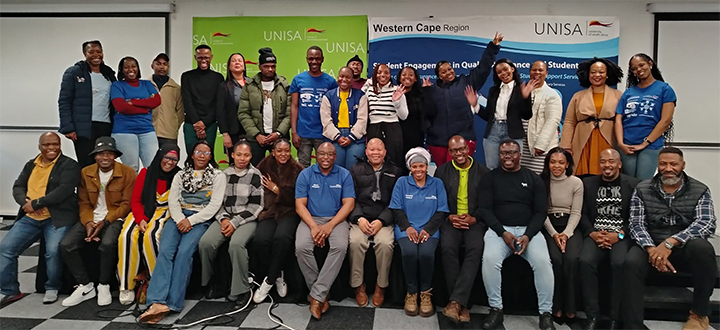 CAS students take centre stage in shaping academic quality and support
CAS students take centre stage in shaping academic quality and support
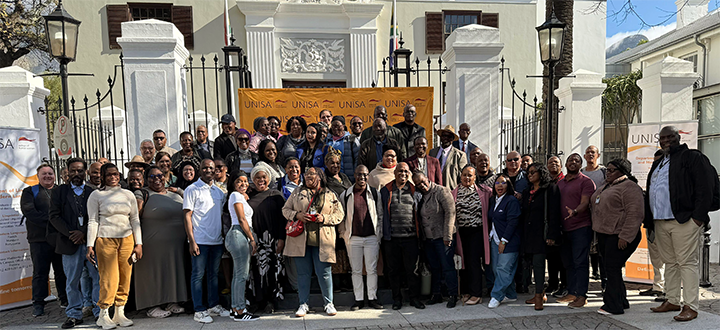 Unisa engaged scholarship project heads to parliament
Unisa engaged scholarship project heads to parliament
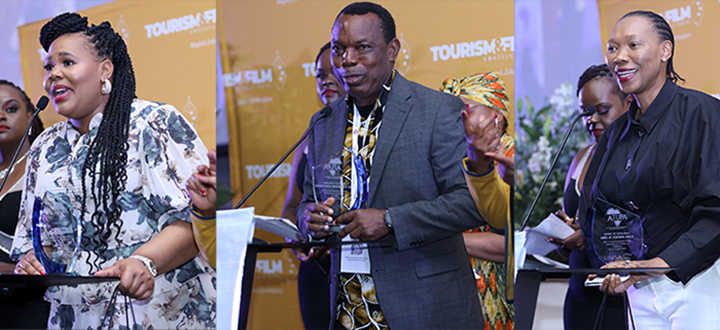 Unisa and ATUPA recognise researchers for ingenuity and innovation
Unisa and ATUPA recognise researchers for ingenuity and innovation
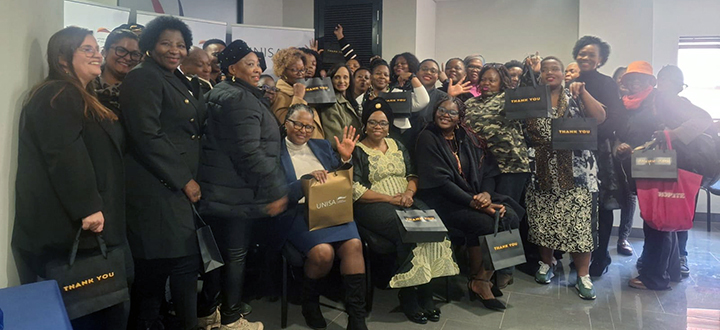 Recognising the unceasing resilience of women
Recognising the unceasing resilience of women
 Unisa and SHECASA promote institutional health and safety
Unisa and SHECASA promote institutional health and safety